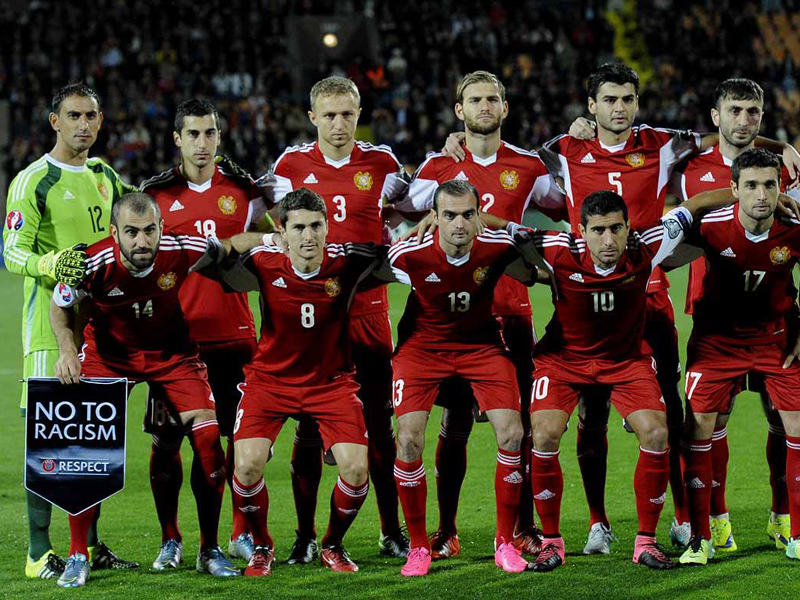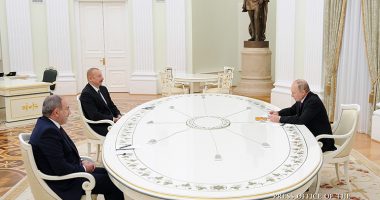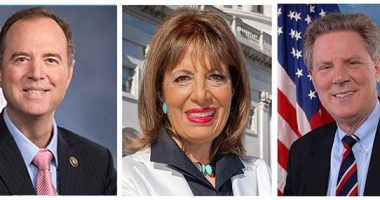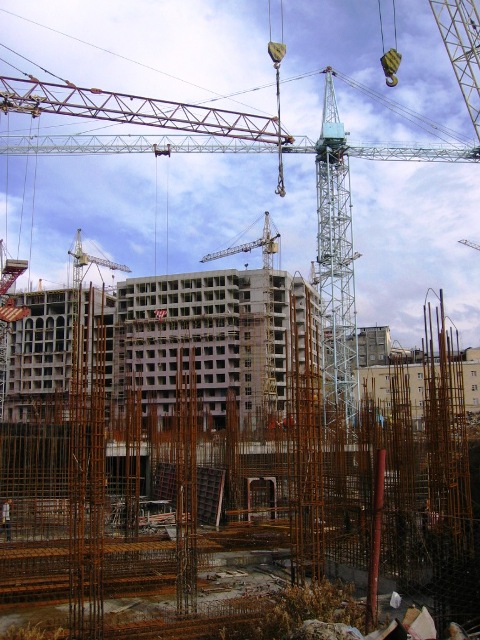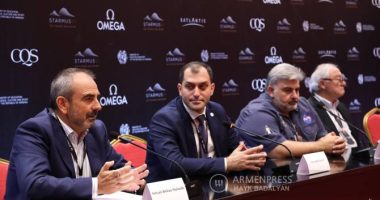By Hambersom Aghbashian
Dr. Alper Öktem (born on 11 March 1954 in Dikili- Turkey) is a Radiologist and Human Rights activist. he finished his primary education in Burdur. He started to pursue his secondary education at the Maarif Koleji in Eskişehir, continued in Konya and finished it in Istanbul at the Kadıköy Maarif Koleji. In 1978, he graduated from Faculty of Medicine at Hacettepe University in Ankara. He went to Germany for specialization in radiology. In the 1980s he helped Turkish refugees who underwent torture. He has been supporting the Human Rights Foundation of Turkey for more than twenty years. Moreover, he is a board member of the Democratic Turkey Forum in Germany. Dr. Öktem has been assisting Cem Özdemir, Co-Chairman of the Unity Green Party, especially on the topics of human rights, peace and democracy in Turkey, ever since Özdemir was first voted into parliament in 1993. In 2000-2001 he published the weekly supplement Perşembe for the German daily newspaper “Die Tageszeitung”. Perşembe aimed at bringing together German society and migrants on equal ground in the same media platform, making migrants equal members of society, especially through deepening the dialogue in the media, and reporting human rights violations in Turkey. Dr. Alper Öktem is married, has two children and lives in Bielefeld, Germany, where he works as a radiologist. (1)
According to www.hrantdink.org, “The Fund for the Support of Historical Studies, created with the kind assistance of Dr. Alper Öktem, one of the supporters of the Hrant Dink Foundation, promotes research on humanistic acts during 1915, with the aim to search and find people who with a clear conscience serve as an example for mankind, and consequently to disclose an insufficiently investigated aspect of history. Through the Fund, support will be given to research, academic work and biographies on people – in modern parlance; human rights defenders – who through their humanist acts in Anatolia during 1915 influenced other people’s lives. Such people and their acts may already be known or not known yet. In the latter case, the research should help to reveal these people and that their acts be exposed to public knowledge. (2)
On March 14, 2015, Hrant Dink Foundation held its conference “Conscience and responsibility in the Armenian Genocide: New research and survivors,” at Cezayir Meeting Hall, Istanbul. The Hrant Dink Foundation’s “History and Memory Research Fund,” which was created with the assistance of Dr. Alper Öktem in 2010, supported the conference. The conference opened with speeches by the coordinators Ayşe Gül Altınay from Sabancı University and Betül Tanbay from Boğaziçi University.
Alper Öktem, the sponsor of the fund, underlined the notion of conscience and added: “Today, I still have difficulty talking about the genocide. However, talking is very important to understand it. I think that making it clear that ‘there were righteous people’ could contribute to the acknowledgement process in a pragmatic fashion.”
Abdullah Demirbaş, a former mayor of the Sur district of Diyarbakır province, spoke about the experiences of “multicultural municipalism” that he implemented in Sur between 2004 and 2014. “In 1915, they had Armenians for breakfast and in 1924 and 1938, they had Kurds for lunch. That’s why we need to apologize and I as a Kurd apologize on behalf of my ancestors for crimes they committed against people.”
Burçin Gerçek, a researcher and journalist, presented the officers who defied orders in Diyarbakır province. Adnan Çelik, a Ph.D. candidate at Paris-EHESS, presented the results of his oral history research on the collective memory of Kurds about the Armenian genocide, conducted with researcher and historian Namık Kemal Dinç.
Öykü Gürpınar, a Ph.D. student at Mimar Sinan Fine Arts University, spoke about the transformation of an Armenian village, Pokr Armıdan, into a Muslim-populated village. Melis Behlil from Kadir Has University presented “The Armenian Genocide and its aftermath in non-fiction film”. Özlem Galip from the University of Oxford discussed the policies of remembering in the context of Kurdish novels. Wendy Hamelink from Leiden University spoke about cultural memories of Armenians from Sassoun.
Armen Marsoobian from Southern Connecticut State University started his presentation by asking: “Why were some Armenians not deported? Who were the chief actors in the deportation decisions? What criteria were used to exempt families? How many were exempted?” and explained his points.
George Shirinian from the Zorian Institute drew a theoretical framework for the narrative of rescuers. “There were many Muslims who welcomed Armenian orphans from the genocide in their houses,” Shirinian said, but added, “This can also be seen as a form of slavery because the overwhelming majority of children above the age of 13 became servants in the houses of Muslims and were Islamized.”
Ümit Kurt, a Ph.D. candidate at Clark University, then told the story of Cemil Bahri Könne, a Kurdish officer who helped Armenians exiled from Aintab. Neslihan Sarıhan traced the footsteps of Armenians in Fatsa by examining the life story of an Islamized Armenian.Finally, Ishkhan Chiftjian from Hamburg University presented the story of Hoca Çamurdan, the mufti of Sis (today’s Kozan), who saved six members of the Armenian Faracyan family, including the father.(3)
___________________________
1- http://www.hrantdink.org/Index.php?Detail=724&Lang=en
2- http://www.hrantdink.org/Index.php?Detail=724&Lang=en
3- http://www.turkishreview.org/reviews-briefs/a-door-from-the-past-to-the-future_552737


